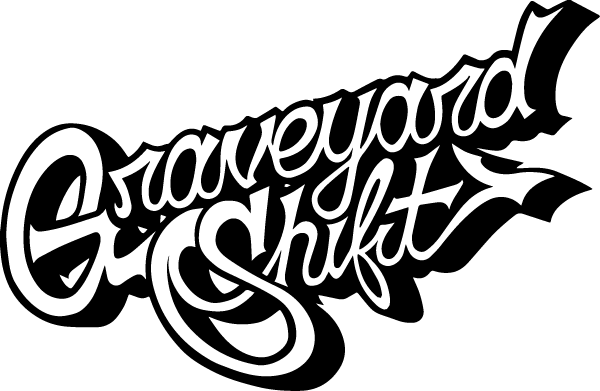Hip Hop and Architecture Unite at Chattanooga Day Camp
In an inspiring blend of art, culture, and design, the picturesque city of Chattanooga recently hosted a unique day camp aimed at exploring the exciting intersection between hip hop and architecture. Children and teens attending this innovative camp were given the opportunity to delve into both disciplines, revealing remarkable connections between rhythm, rhyme, and structural design.
The Fusion of Art and Science
Hip-hop and architecture may seem like an unusual pairing, but when you dig deeper, it’s clear how these two forms of expression complement each other. Both are mediums through which creativity flourishes. At the Chattanooga Day Camp, young minds were introduced to the idea that rap rhythms and architectural lines can mutually influence and enhance each other.
The Vision Behind the Camp
Creating a Multifaceted Learning Experience
The designers of this day camp aimed to create a holistic educational environment. By engaging campers in activities that blend engineering precision with musical creativity, they hoped to nurture the next generation of innovators and visionaries.
The program not only introduced participants to the basics of architecture and hip-hop culture but also encouraged them to develop a deeper understanding of how these disciplines intersect.
Activities that Spark Imagination
Hands-On Learning
One of the primary components of the camp was its hands-on learning approach. Campers were given the chance to work on various projects that allowed them to express their creative talents. Activities included:
- Building scale models of urban landscapes
- Creating rap lyrics infused with architectural themes
- Using software to design futuristic cityscapes
- Exploring the history of hip-hop and its impact on urban environments
Engaging Community Experts
The camp also invited local experts from both fields to share their knowledge and experiences. Guest speakers included:
- Architects
- Urban planners
- Hip-hop artists
- Cultural historians
Building Skills for the Future
Encouraging Teamwork and Collaboration
Beyond individual learning, the camp emphasized the importance of teamwork and collaboration. Participants worked in groups to complete projects, fostering an environment where diverse ideas and perspectives could thrive.
Developing Critical Thinking
By understanding the underlying principles that both fields share, such as pattern recognition, spatial awareness, and structured creativity, students honed their critical thinking skills. These skills are crucial for success in any profession, and the camp's multidisciplinary approach made them even more relevant and engaging for the youth.
The Impact on Participants
Boosting Confidence and Self-Expression
Many participants reported feeling more confident in their abilities to express themselves creatively. The camp provided a safe space where they could explore their interests without judgment, boosting their self-esteem and encouraging them to continue pursuing their passions.
Inspiring Future Careers
The camp also sparked interest in potential future careers. Some students expressed newfound ambitions to become architects, while others were inspired to delve deeper into the world of hip-hop music. By presenting these fields as interconnected rather than isolated, the camp broadened the participants’ horizons.
Testimonials and Success Stories
Student Feedback
Feedback from students has been overwhelmingly positive. One camper, Jason, said, "I never thought architecture could be so cool! I loved making a model city and then writing a rap about it."
Parental Praise
Parents have also praised the camp for its innovative approach. "This camp was a game-changer for my son," one parent noted. "He learned so much and had fun doing it. We're grateful for this unique experience."
The Broader Goals of the Camp
Promoting Inclusivity
One of the primary goals of the Chattanooga Day Camp was to promote inclusivity. Both hip-hop and architecture have rich, diverse histories, and the camp sought to celebrate this diversity by providing a platform for underrepresented voices.
Encouraging Creative Exploration
The camp also aimed to encourage creative exploration among youth. By exposing them to different forms of artistic and scientific expression, the camp hoped to ignite a lifelong passion for learning and creativity.
Looking Forward
Plans for Future Camps
Given the success of this year's event, the organizers are already planning for future iterations of the camp. There are plans to expand the curriculum, incorporate more digital tools, and invite even more guest speakers from a wider range of backgrounds.
Expanding the Movement
The ultimate goal is to take this concept beyond Chattanooga, inspiring other communities to explore the unique connections between different disciplines. By showing that learning can be fun, engaging, and multi-dimensional, camps like these have the potential to transform educational paradigms.
Conclusion
The Chattanooga Day Camp has proven that fusing hip-hop with architecture is more than just an interesting idea—it's an educational revelation.
As these young learners bring their newfound knowledge and passion into the future, the world can look forward to seeing the incredible innovations that will emerge from this groundbreaking blend of rhythm and design.

